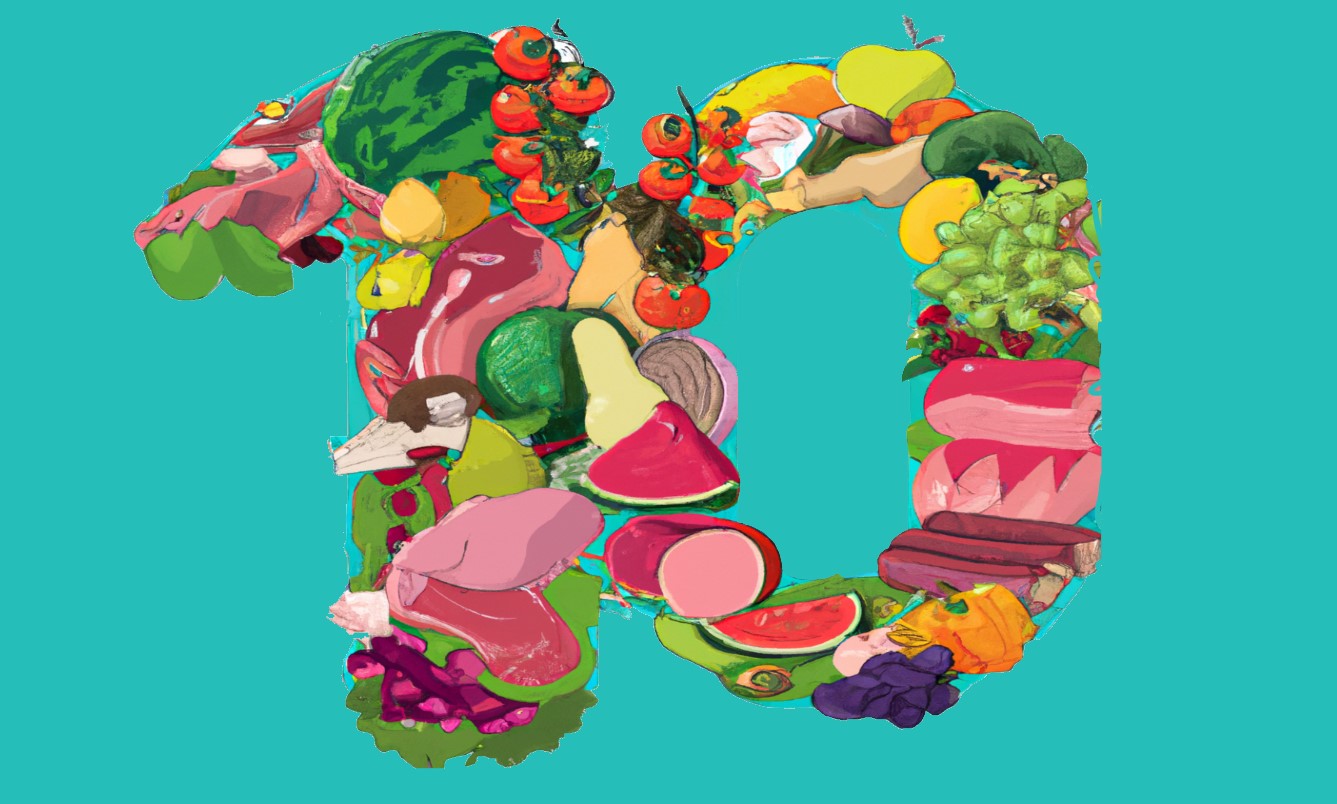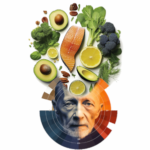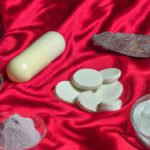One of the most important aspects in maintaining a quality life with Parkinson’s Disease patients is nutrition. Without a proper balanced diet, our body will become prone to more health issues. This is true for everyone. Below I’ve listed ten (10) foods that patients with Parkinson’s Disease should incorporate in their diet.
Table of Contents
Leafy greens
Leafy greens such as spinach, kale, and collard greens are rich in antioxidants and anti-inflammatory compounds that can help protect brain cells and improve cognitive function.
Berries
Berries such as blueberries, strawberries, and raspberries are packed with antioxidants and have been shown to reduce inflammation and oxidative stress in the brain, which can help slow the progression of Parkinson’s disease.
Nuts and seeds
Nuts and seeds such as almonds, walnuts, and flaxseeds are high in healthy fats, protein, and fiber. They can help improve cognitive function, reduce inflammation, and protect brain cells from damage.
Fatty fish
Fatty fish such as salmon, mackerel, and sardines are rich in omega-3 fatty acids, which have been shown to reduce inflammation and improve brain function.
Whole grains
Whole grains such as oats, quinoa, and brown rice are rich in fiber, vitamins, and minerals. They can help regulate blood sugar levels, improve digestion, and reduce inflammation.
Turmeric
Turmeric is a spice that contains a compound called curcumin, which has anti-inflammatory and antioxidant properties. Studies have shown that curcumin may help reduce the symptoms of Parkinson’s disease.
Beans and legumes
Beans and legumes such as lentils, chickpeas, and black beans are rich in fiber, protein, and antioxidants. They can help regulate blood sugar levels, reduce inflammation, and protect brain cells from damage.
Green tea
Green tea contains a compound called catechin, which has been shown to have neuroprotective effects. Drinking green tea may help reduce the risk of developing Parkinson’s disease and slow the progression of the disease in those who have already been diagnosed.
Garlic
Garlic contains a compound called allicin, which has anti-inflammatory and antioxidant properties. It can help protect brain cells from damage and improve cognitive function.
Dark chocolate
Dark chocolate contains flavonoids, which have been shown to improve brain function and reduce the risk of neurodegenerative diseases such as Parkinson’s disease.
Adding these to regular consumption can help protect brain cells, reduce inflammation, and improve cognitive function. Of course, make sure to consider the effects on your other medical conditions/medications and do your own research.
What food have you incorporated in your diet that helps you in your journey with Parkinson’s Disease?
References:
“Nutrition in Parkinson’s Disease: What We Know and What We Don’t Know Yet” by Paola M. Mariani and Angelo Antonini. Nutrients, 2019. https://www.ncbi.nlm.nih.gov/pmc/articles/PMC6566819/
“Dietary Patterns and Risk of Parkinson’s Disease: A Meta-Analysis” by Jian Zhang et al. PLoS One, 2016. https://www.ncbi.nlm.nih.gov/pmc/articles/PMC4918941/
“Nutrition and Parkinson’s Disease” by Rachel Saunders-Pullman and Marcy T. Horn. Journal of Parkinson’s Disease, 2014. https://www.ncbi.nlm.nih.gov/pmc/articles/PMC4003475/
“The Association of Coffee and Caffeine Intake with Parkinson’s Disease: A Systematic Review and Meta-Analysis” by Shi-Sheng Zhou et al. Journal of Alzheimer’s Disease, 2018. https://www.ncbi.nlm.nih.gov/pmc/articles/PMC6338782/
“Neuroprotective Effects of Green Tea Catechins: A Mechanistic Review” by Anindita Das et al. Chinese Medicine, 2019. https://www.ncbi.nlm.nih.gov/pmc/articles/PMC6356196/
“The Potential Role of Garlic (Allium Sativum) against the Parkinson’s Disease” by Nooshin Ghods et al. Journal of Traditional and Complementary Medicine, 2017. https://www.ncbi.nlm.nih.gov/pmc/articles/PMC5651792/
“Cocoa Flavanols and Brain Perfusion” by Giovambattista Desideri et al. Journal of Cardiovascular Pharmacology, 2013. https://www.ncbi.nlm.nih.gov/pmc/articles/PMC3575938/





















Leave a Reply